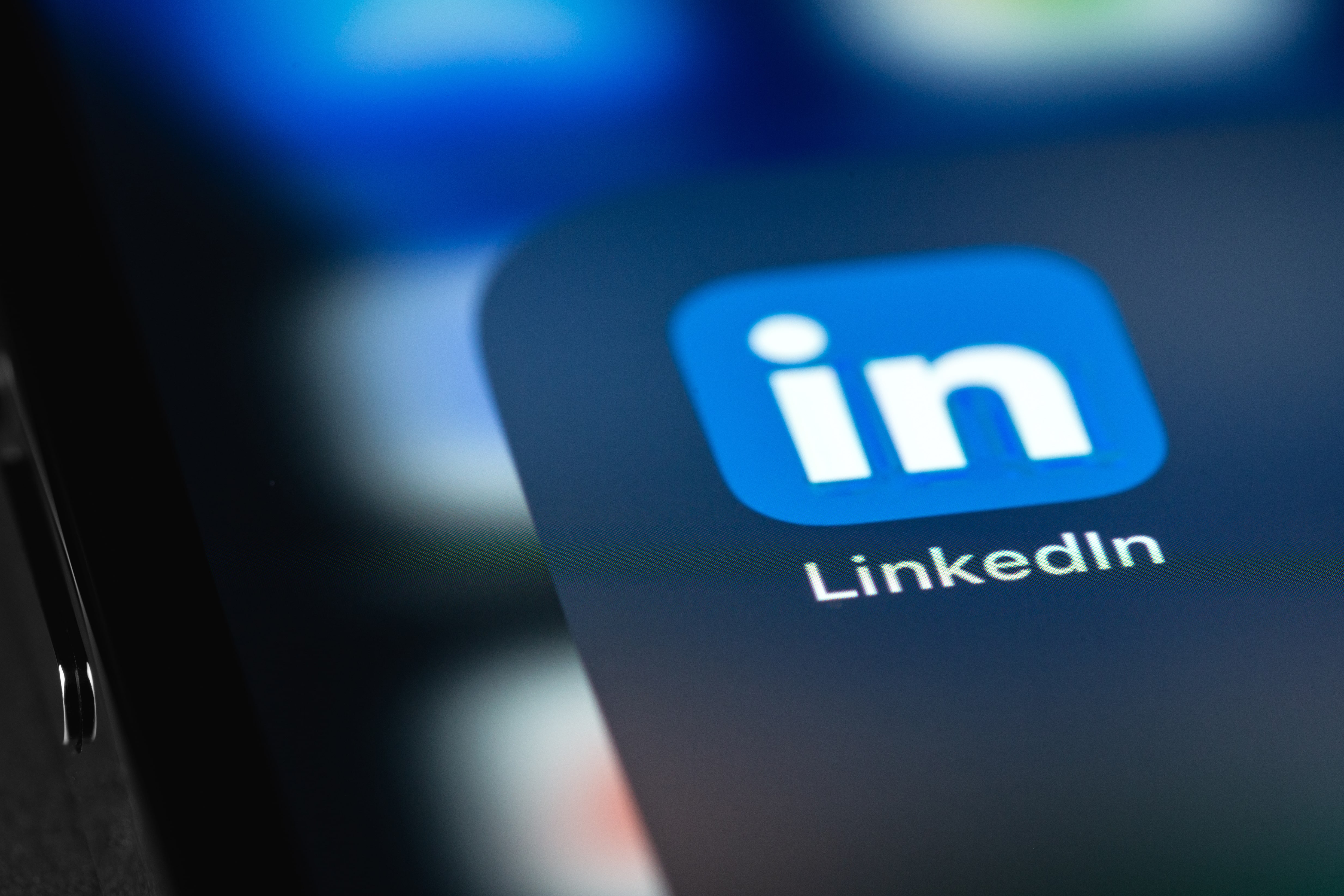As Carlton Doty, a Forrester Research analyst, notes in a blog post, "Microsoft lags significantly in two areas: customer identity management and proprietary data assets." LinkedIn can plug that hole with 433 million LinkedIn profiles, giving Microsoft insights into how people use its products. The deal also helps Microsoft compete with Salesforce and other companies in the enterprise CRM space since many sales professionals use LinkedIn for CRM and lead-sourcing purposes.
Simply put, acquiring LinkedIn is a logical move for Microsoft, but the company still has a long way to go before it can dominate the marketplace. Part of Microsoft's problem is that it hasn't created a new market or business category in a long time. Indeed, exceptional businesses are those that carve out new markets for a product or service, notes Newsweek writer Kevin Maney in his book, "Play Bigger: How Pirates, Dreamers, and Innovators Create and Dominate Markets."
In collaboration with Christopher Lochhead, Al Ramadan, and Dave Peterson, founders of the consulting firm Play Bigger, Maney outlines the strategies of innovative category designers like Travis Kalanick, Mark Zuckerberg, Marc Benioff, and Bill Gates. While there's no surefire way to create an innovative business, Maney notes that many successful companies adhere to the following steps:
1) Define the category or industry that your product disrupts.
2) Craft a point of view with a story that explains why your company and its approach are different.
3) Mobilize the company around that point of view.
4) Condition the market in preparation for your product such as with sneak previews, promotional events, and other marketing campaigns.
Microsoft followed this strategy and transformed the personal computing space. The question is whether the company can recapture that magic. "The challenge with category design is that companies often do it once and don't understand how to repeat that success," Maney says. "For example, Bill Gates was a brilliant category designer and under him Microsoft owned the PC operating system space for years." But when Steve Ballmer stepped in, Microsoft went in the opposite direction by introducing products (think Bing, Zune, Microsoft Stores, and Windows Mobile) that echoed competitors' products. "Microsoft's pitch became 'we're going to do it better' but better doesn't make you a category king," Maney says. "Different does."

